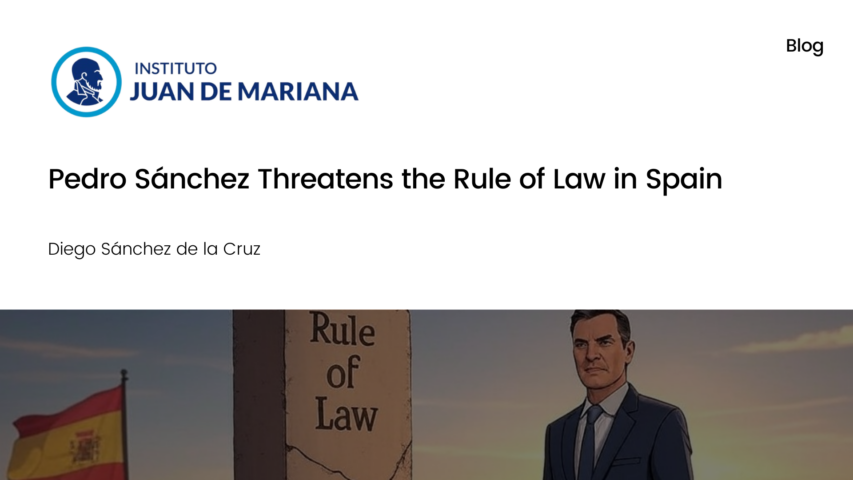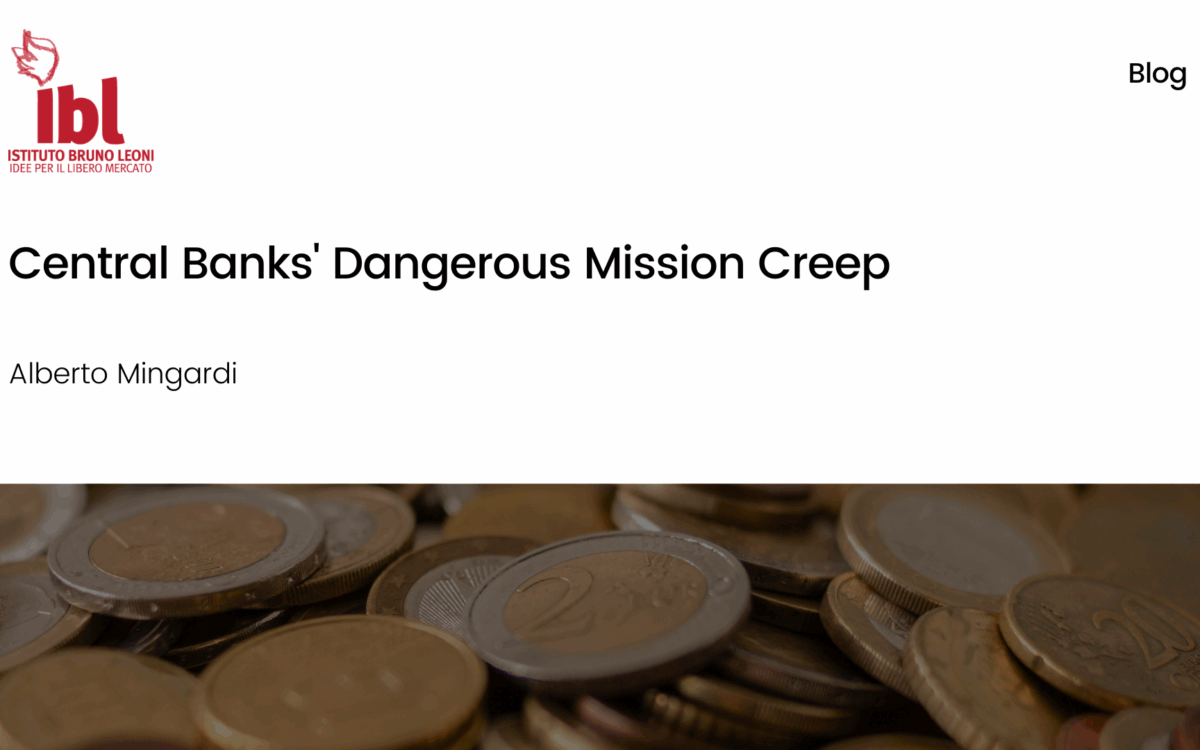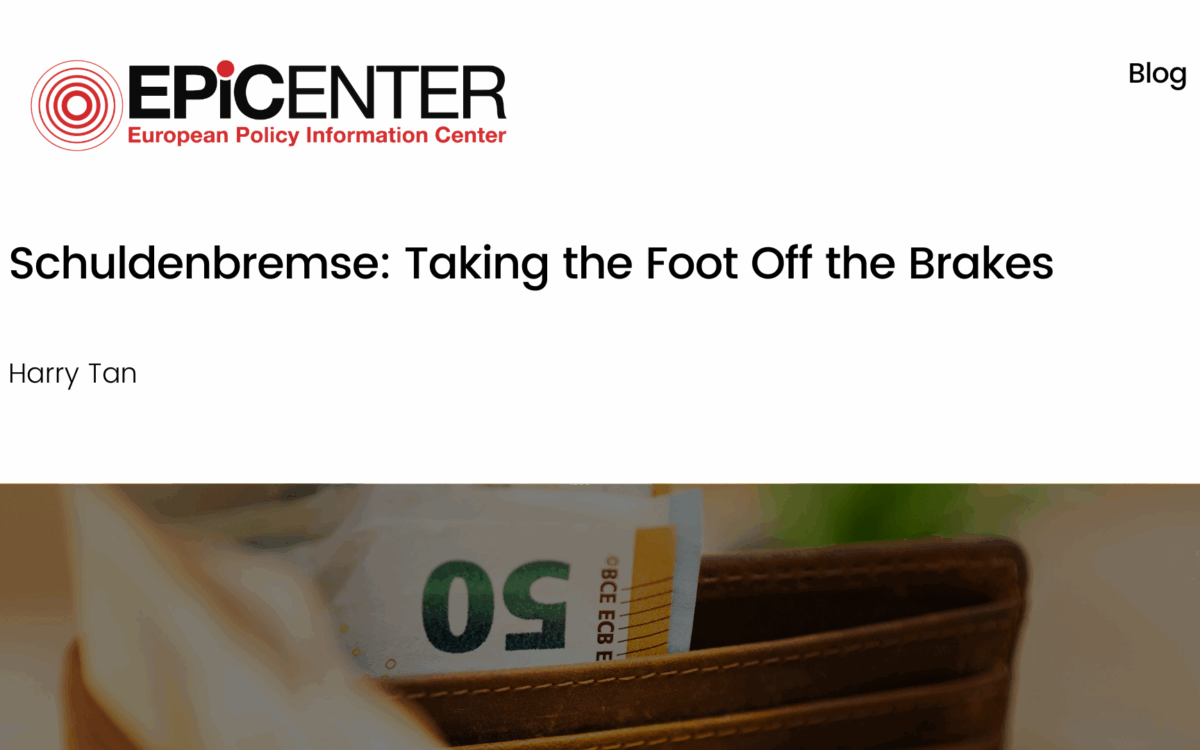Pedro Sánchez Threatens the Rule of Law in Spain

Pedro Sánchez threatens the rule of law in Spain
Diego Sánchez de la Cruz // 21 November 2023
The leader of the Socialist Party in Spain, Pedro Sánchez, has secured an agreement for his re-election as prime minister. Despite winning fewer seats at the general election held on July 23 (the Socialist Party secured 121 seats compared to 137 seats won by Alberto Núñez Feijóo’s Popular Party), the interim prime minister will ultimately manage to remain in power by forming an alliance with six other parties. This coalition includes Sumar, a spin-off of Podemos – a communist group whose leaders received funding from rogue states such as Venezuela and Iran. Sánchez will also join forces with separatist forces from Catalonia, the Basque Country, and Galicia. Finally, the Socialist leader has finalised an alliance with EH Bildu, which is acknowledged as the political arm of the terrorist group ETA, which is responsible for more than 1,000 violent deaths.
The negotiations that will allow for Sánchez’s re-election as prime minister involve a highly controversial Amnesty Law, which will pardon and erase several unlawful and illegal acts committed by Catalan separatist leaders. All legal rulings that led to the conviction of these politicians will now be scrapped and cancelled, regardless of the very serious crimes that took place: political violence, embezzlement, corruption, sedition, etc.
It must be noted that these leaders orchestrated two illegal separation referendums in 2014 and 2017, which left Spain in a deep territorial and constitutional crisis. However, voter support for political groups that want Catalonia to break away from the rest of the Iberian country has been declining. In fact, if we take a look at the results of the July 23 election in the Catalan region, we find that the two main separatist groups (ERC and Junts) earned 25 per cent of the popular vote, as opposed to 47 per cent in the previous general election held on November 10, 2019.
Additionally, the agreement that will facilitate Sánchez’s re-election will also allow the legislative branch to review judicial rulings in cases of alleged “lawfare” – a move vehemently opposed by the judiciary, which has openly decried the Amnesty Law and has cautioned against the erosion of the rule of law by this very controversial “lawfare” clause.
These decisions are not the only instances where Sánchez has acted against democracy and the separation of powers. The prime minister has capitulated to separatist demands on other fronts, including reducing sentences for corruption crimes and eliminating the crime of sedition. Furthermore, key institutions such as the Constitutional Court and the State Attorney General’s Office have been filled with former ministers and individuals affiliated with the Socialist Party, leading to a visible deterioration in credibility and institutional integrity since Sánchez assumed office.
Sánchez has also offered all kinds of economic privileges to the separatists, to the point that the transfers included in the investiture agreement have an estimated value of 100 billion euros. The most egregious move of all is the decision to mutualise the Catalan regional debt and distribute its cost among citizens throughout the country – a “debt pardon” worth 15 billion euros that will create economic inequality and unfairness, penalising taxpayers all across Spain, and hurting the public finances of territories that never engaged in the irresponsible, reckless government spending that left Catalonia deep in debt.It should be noted that, from a classical liberal point of view, decentralisation is always encouraged. In that sense, it is important to highlight the fact that Spain has built a de facto federal system, with significant power delegated to regional governments. However, should further decentralisation be pursued in certain areas, this should be the result of a general agreement and not an asymmetric concession for short-term political gain.
Besides the threats to the rule of law that come with Sánchez’s dealings with Catalan separatists, an agreement like the one we are discussing will also come with a significant rollback of economic freedom. Domestic flights will soon be banned in order to “fight climate change”, although this will only curb CO2 emissions by 0.1 per cent. Fifteen tax hikes will come into effect in 2024, following 54 tax increases since Sánchez took power in mid-2018. More and more regulation and red tape are also on the way.
To date, the European Union and its member states have remained on the fence and have not responded with the force necessary to a situation of this magnitude. The European Parliament is set to debate the issue soon; this should serve as a starting point for all democrats across the continent. Also, the EU Commissioner for Justice, Didier Reynders, has sent a letter to Sánchez asking for further information about these recent developments; this may hopefully signal a tougher stance from Brussels. At the same time, the European Council should start to acknowledge Sánchez’s actions as one of its top concerns regarding the state of the rule of law, and, if necessary, Spain’s access to EU funds should be frozen pending further evaluation of the ongoing institutional crisis.
If we do not want Spain to continue its descent into illiberal territory, the only way forward is to start taking action against Sánchez’s abuses and put an end to this.
Diego Sánchez de la Cruz is the Research Coordinator at Instituto Juan de Mariana, a classical-liberal think tank based in Madrid, Spain. He is also the CEO of Foro Regulación Inteligente and the International Researcher at Instituto de Estudios Económicos. Sánchez de la Cruz is the author of three books and a frequent economic and political news analyst in Spanish media.
EPICENTER publications and contributions from our member think tanks are designed to promote the discussion of economic issues and the role of markets in solving economic and social problems. As with all EPICENTER publications, the views expressed here are those of the author and not EPICENTER or its member think tanks (which have no corporate view).



